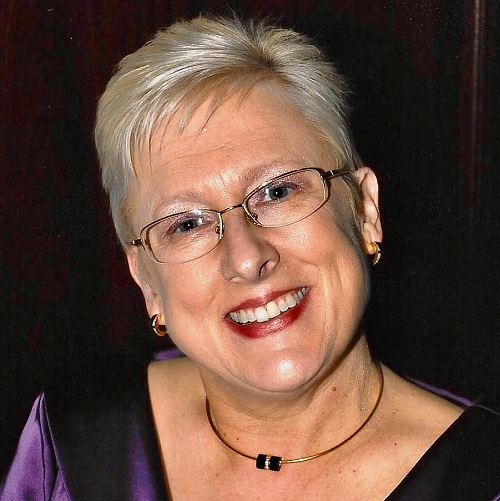Commentary on Joshua 24:1-2a, 14-18
The book of Joshua follows on the heels of Moses’ farewell address found in Deuteronomy. It begins what scholars commonly refer to as the Deuteronomistic History, which includes Joshua through 2 Kings. Utilizing a variety of sources, the Deuteronomistic historians retold Israel’s story from its emergence in the Promise Land until the fall of Jerusalem, pointing out where the people “went wrong” and made mistakes that eventually led to the exile (for example, choosing a human ruler over God, worshiping other gods, failing to care for the vulnerable, et cetera).
Since this recounting was done through hindsight, which we say “is 20/20,” the compiler was able to identify the bad decisions and the ways the people broke the covenant with God and with each other.
In Joshua 24, Joshua gathers the Israelites at Shechem (an important religious shrine for the later northern kingdom) to renew the covenant, which was part of the instructions God gave to Moses and the people at Mt. Sinai. On a regular basis, the Israelites were to take the commandments out of the ark of the covenant and read them aloud for the whole community to hear. Then the Israelites would be given the opportunity to affirm/reaffirm their commitment to the covenant.
This would be particularly important to do for future generations who did not witness the powerful acts of God during the exodus and at Mt. Sinai. This would allow the next generation to decide for themselves whether they were willing to enter into the covenant that God had made with their ancestors.
In this week’s reading, the Israelites who have survived the wilderness wanderings and the “conquering” of Canaan are standing at Shechem with Joshua. Given the inconsistency of their behavior in the preceding stories, Joshua is offering them a chance to “get right” with God and choose whom they will follow into the future. “Now, if you are unwilling to serve the LORD, choose this day whom you will serve, whether the gods your ancestors served in the region beyond the river or the gods of the Amorites in whose land you are living; but as for me and my household, we will serve the LORD” (verse 15).
Another interesting aspect of Joshua 24 is its parallel with Deuteronomy 34. In this latter text, Moses was making his final speech to the Israelites, standing just outside of the Promised Land. In this week’s reading, Joshua gives his final speech to the people standing inside the Promised Land. Joshua’s address begins in the preceding chapter (Joshua 23) and is meant to be both an exhortation for the future and a history lesson about the Israelites’ past.
Having successfully brought the people into the Promised Land and divided the land among the tribes of Israel, Joshua is ready to attain his eternal rest. His mission is completed, but like most good leaders, Joshua is concerned about the people’s future and has just a few words (not the 34 chapters of Moses’ speech!) to say before he dies.
After reminding the people of all that he and God have done for them, Joshua asks them to choose whether they will remain faithful to the God who brought them this far or to the gods of their early ancestors (prior to Abraham) and probably of their neighbors. Not once, but twice, the Israelites affirm their commitment to God and to the covenant at all costs: “Therefore we also will serve the LORD, for he is our God” (verse 18). With the covenant renewed, Joshua sends the people back to their homes, and now he can die in peace.
The idea of a covenant renewal ceremony may seem strange to many of the faithful today; however, this text provides important insights for the 21st century. While we all want to believe that the promises we make (to God or to one another) are sincere and will not be forgotten, the complications of life have a way of making those promises fade. What would it be like if we had opportunities to renew our commitments on a regular basis?
For example, when two people enter a covenantal relationship in the presence of God and witnesses, they make promises to one another about their commitment to that relationship. As time passes, the couple may encounter difficult life circumstances that make those promises fade from their active memory. What if the couple would take each anniversary as an opportunity to remember and reaffirm the promises made in the past? Some people do this in a renewal-of-vows ceremony, which is particularly helpful because it also involves witnesses to the couple’s promises.
In our religious lives, how do we renew our covenant with God and with the people of God? Some churches celebrate a service in which people are invited to “remember their baptism” (which is a bit difficult for those who were baptized as infants). But does this service also ask people to recommit to their baptismal vows (if there were any)?
What about within the community? Often groups (religious or secular) have a “covenant” by which they live (for example, behavior standards, vision and mission statements, et cetera), but they rarely give the members/participants a regular opportunity to be reminded of the “covenant” and to reaffirm their commitment to it. For example, once a year, a congregation might gather the people, read their vision and mission statements aloud, and ask the community to reaffirm these values and promises for the coming year.
Are there ways you or your faith community hold “covenant renewal” ceremonies?


August 25, 2024